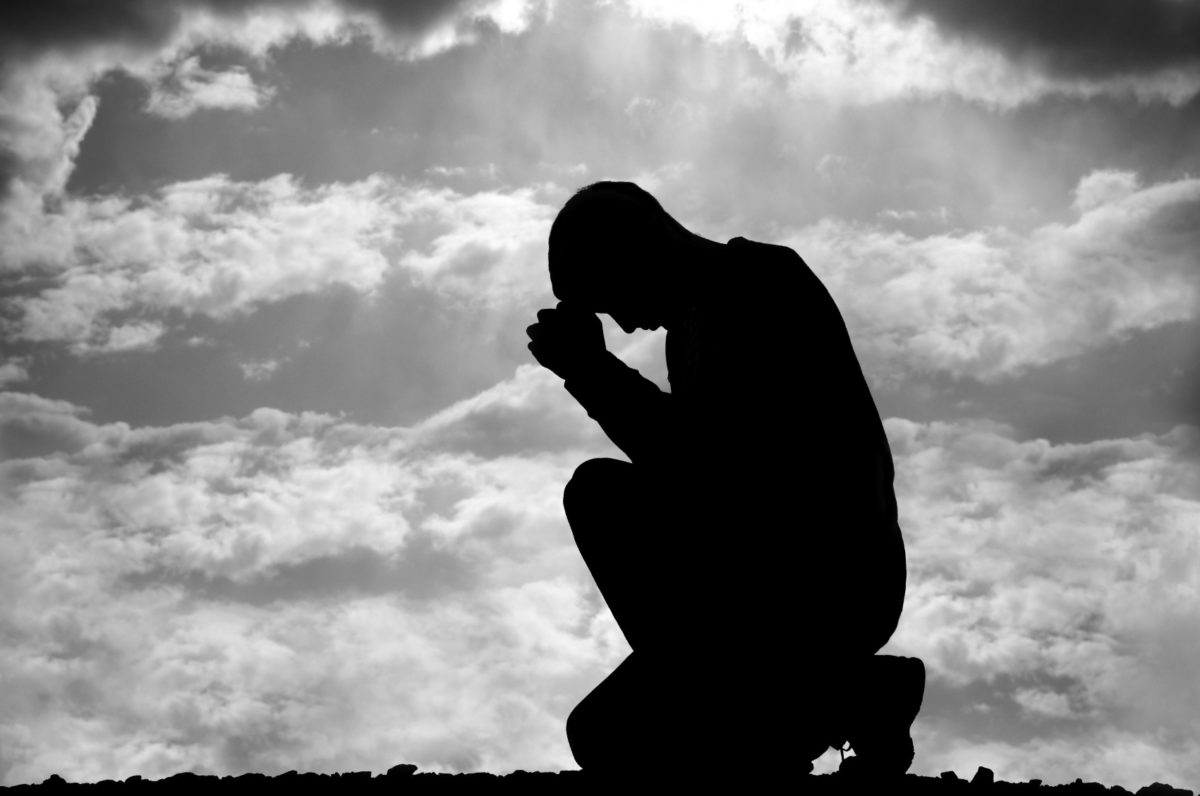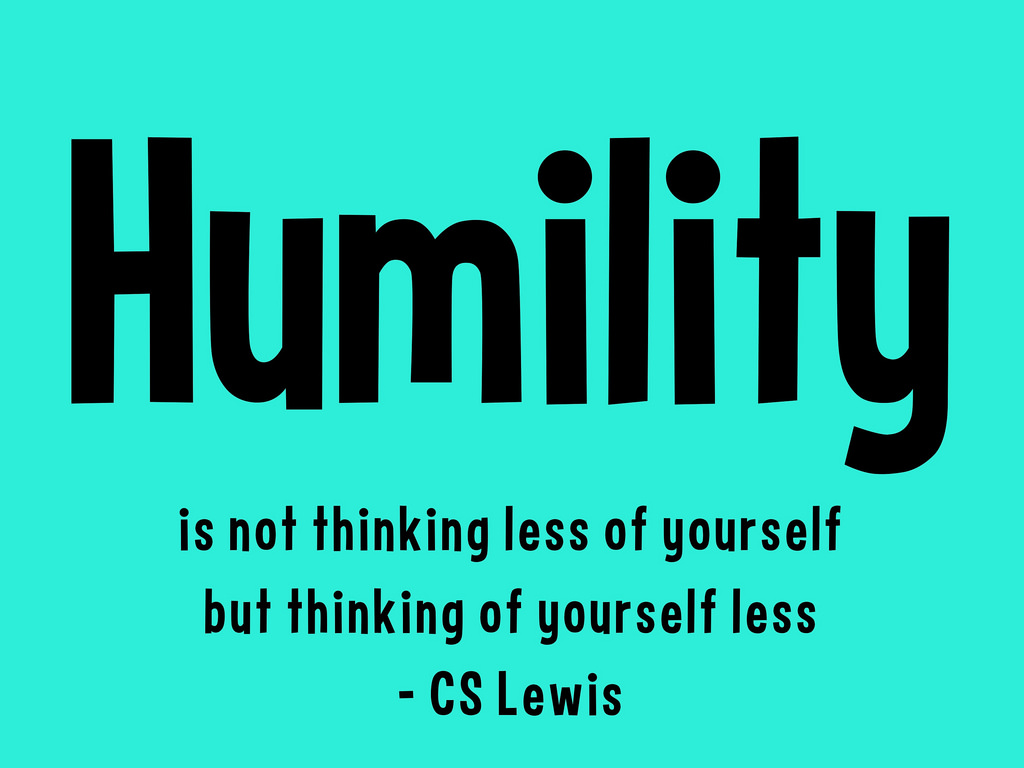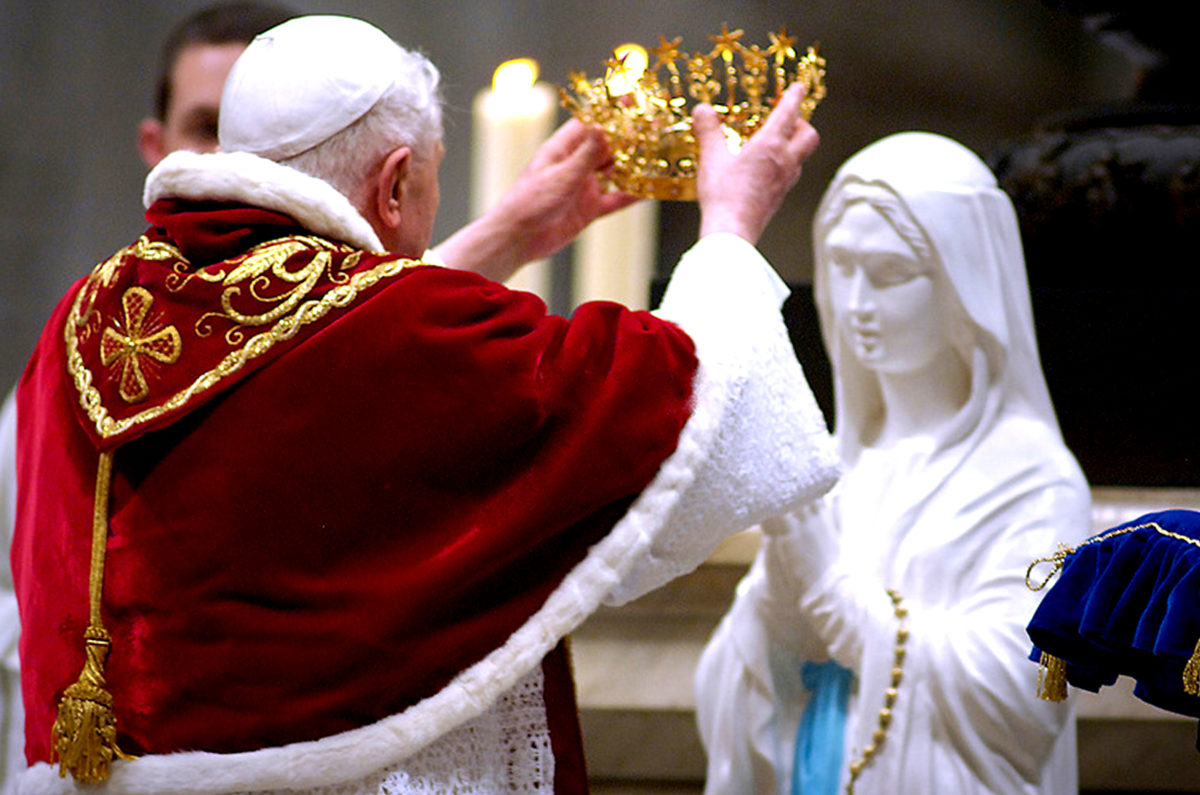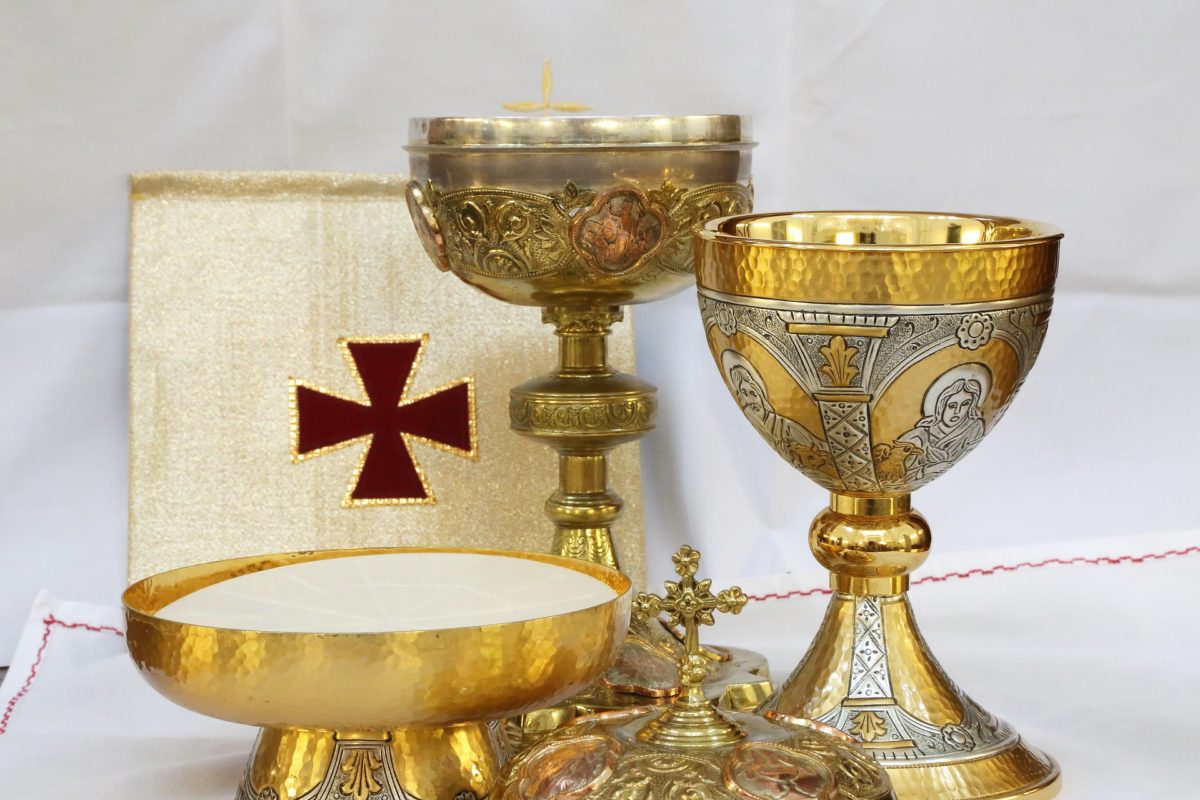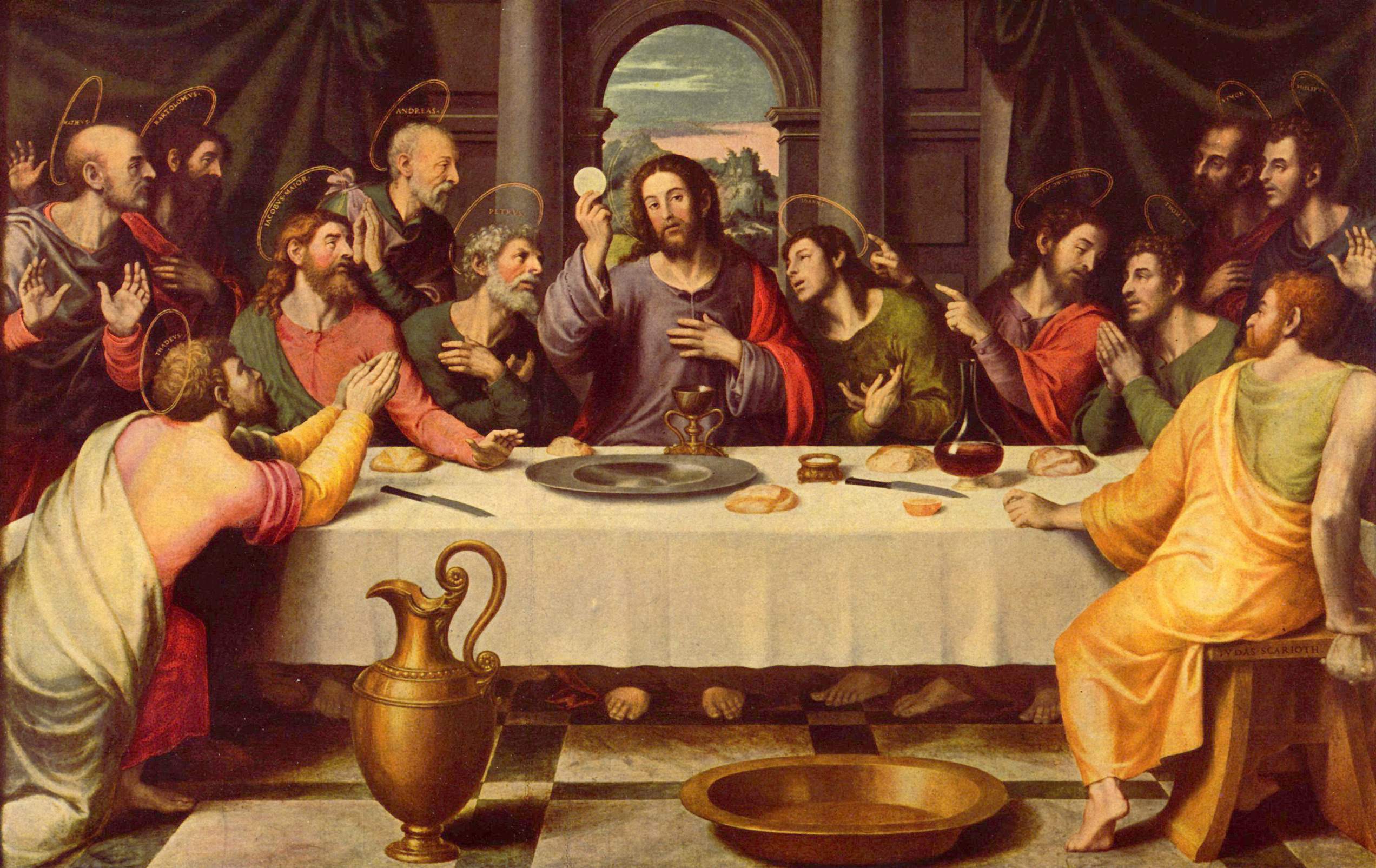In my previous article on humility, I quoted Fr. John Tauler about how Mary was an empty vessel ready for God to pour His grace into Her. I’m going to continue discussing humility as I believe we are living through events that are calling us towards greater humility. And through greater humility, we can find peace in God’s grace.
On DesiringGod, David Mathis talks about how the early Christians practiced humility through trials and persecution. He says:
We don’t teach ourselves to be humble. There’s no five-step plan for becoming more humble in the next week, or month. Within measure, we might take certain kinds of initiatives to cultivate a posture of humility in ourselves (more on those in a later article), but the main test (and opportunity) comes when we are confronted, unsettled, and accosted, in the moments when our semblances of control vanish and we’re taken off guard by life in a fallen world — and the question comes to us: How will you respond to these humbling circumstances? Will you humble yourself?
https://www.desiringgod.org/articles/how-do-i-humble-myself
I like the idea that humility doesn’t happen in a vacuum; that there needs to be some sort of outside source prompting us to respond with humility. In other words, it’s easy to think we are humble if there are no outside factors forcing us to act otherwise. Right now, there is a huge outside factor forcing people to choose whether or not to act humbly — Covid19. How can we use this current pandemic to respond to Jesus’ call to humility?
Previously, I discussed how our pride can fill our hearts and minds leaving no room for God’s grace. Humility is accepting that we need God in our hearts if we’re to find true peace and happiness. But it’s not just a pride-filled heart that can block us from living humbly. Our fears and anxiety can block God just as easily as pride. We need to avoid letting our fears build in a way that leads us to believe that we face these challenges alone or God is powerless to intercede.

Covid19 is the factor that really tests our humility. It’s easy to say we’re humble when there’s no challenge. But when there is widespread fear and panic, we now need to make a choice. How much are you going to let fear and anxiety occupy your heart and mind and how much are you going to leave open for God to work within you?
I know many people ask in these uncertain times, why doesn’t God do something? And we all look to the sky hoping that God will just make this virus disappear. But looking for a global miracle may be missing the point. We should instead be looking internally and seeing how God is working with us individually. This is our opportunity to build our relationship with God through prayer and letting Him work in us and through us to build true happiness. Let’s not look only for a worldwide miracle in this time of hardship but also for the greater miracle of God’s grace transforming a humble and willing heart.
Look at Jesus in the Garden of Gethsemane which we pray in the First Sorrowful Mystery of the Rosary. Jesus was afraid of what was to come. But he didn’t let that fear entirely consume Him. He took His situation as an opportunity to turn to God in prayer. Jesus was humble enough to understand that He wasn’t facing His crucifixion alone and was left to His own devices to find a way through it. Instead, Jesus put his faith in God’s plan for Him to see Him through. Similarly, we should remember that our lives are ultimately in God’s hands, not our own. That should actually give us a sense of peace knowing that an all-loving God ultimately is in control, not a virus and society’s response to it.

Remember, the Covid19 virus is a mix of biology and chemistry. It is just one of many diseases or natural phenomena to worry about. It’s also one of the many ways we can become distracted and not achieve the full humility that God asks of us. At least Covid19 has our attention while many of the other distractions in our lives can go unnoticed. Now that it has our attention, ask yourself whether you’re going to allow it to spark an interest in making yourself more humble by making more room in your life for God to work in you.






 Humility also shows itself in the
Humility also shows itself in the 